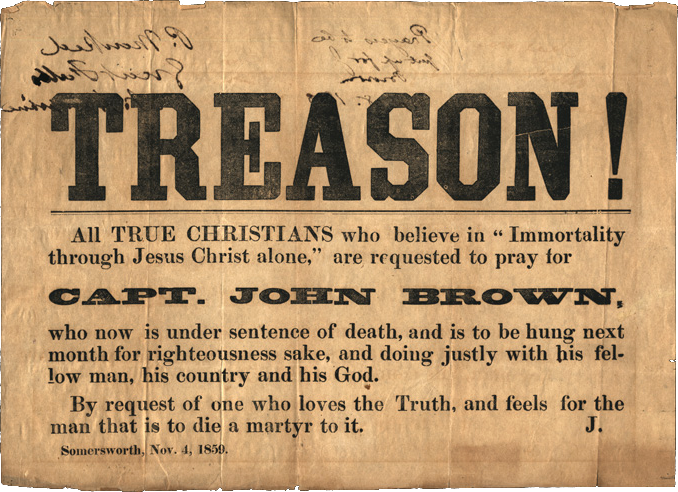Religion & Civil War
Posted: Sun Aug 23, 2015 3:40 pm
What kept the nation feeding an entire generation into the
Civil War’s meat grinder, especially if the war’s endgame
prospects were so unclear? The answer, in Stout’s version,
was American religion. A war which began as a fairly colorless
constitutional dispute over secession was transformed by a
tidal wave of “millennial nationalism” into a crusade with
no 'off' switch. Faust flips the causal equation. If
religion did not exactly drive Americans to war, then
war drove Americans to religion as the justification for
its lethally expensive costs. “The war’s staggering human
cost demanded a new sense of national destiny,” wrote Faust,
“one designed to ensure that lives had been sacrificed for
appropriately lofty ends.” A nation guided by realpolitik
knows when to cut its losses. A nation blinded by the moral
gleam of a “fiery gospel writ in burnished rows of steel”
and charmed by the eloquence of a president with an uncanny
knack for making his assessment of political problems sound
like the Sermon on the Mount, obeys no such limitations.
http://www.theatlantic.com/politics/arc ... urce=yahoo
Civil War’s meat grinder, especially if the war’s endgame
prospects were so unclear? The answer, in Stout’s version,
was American religion. A war which began as a fairly colorless
constitutional dispute over secession was transformed by a
tidal wave of “millennial nationalism” into a crusade with
no 'off' switch. Faust flips the causal equation. If
religion did not exactly drive Americans to war, then
war drove Americans to religion as the justification for
its lethally expensive costs. “The war’s staggering human
cost demanded a new sense of national destiny,” wrote Faust,
“one designed to ensure that lives had been sacrificed for
appropriately lofty ends.” A nation guided by realpolitik
knows when to cut its losses. A nation blinded by the moral
gleam of a “fiery gospel writ in burnished rows of steel”
and charmed by the eloquence of a president with an uncanny
knack for making his assessment of political problems sound
like the Sermon on the Mount, obeys no such limitations.
http://www.theatlantic.com/politics/arc ... urce=yahoo

